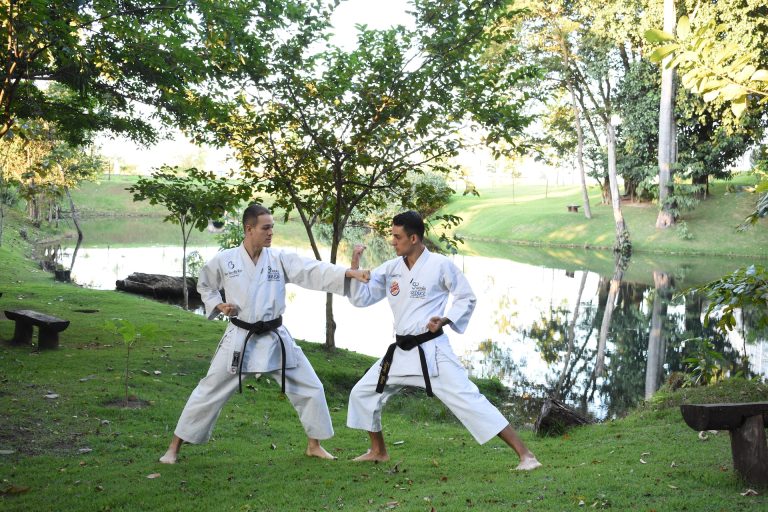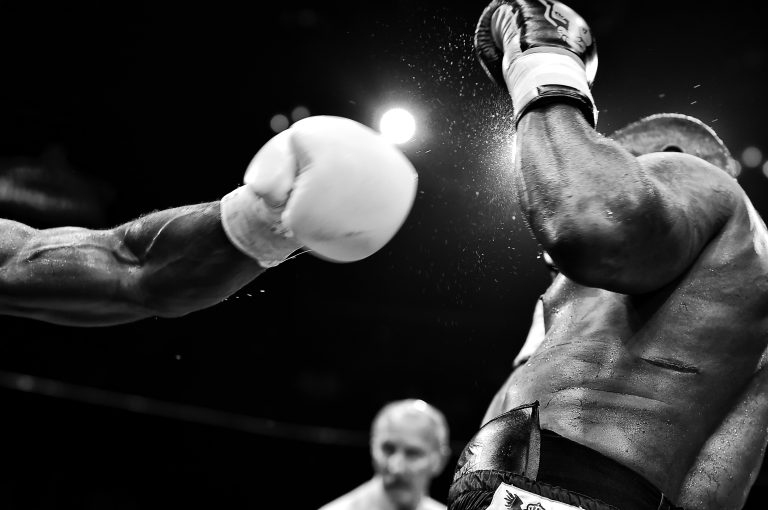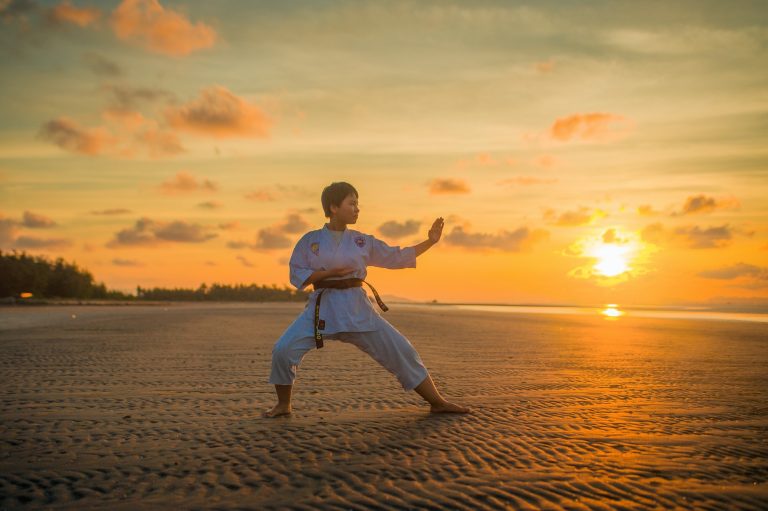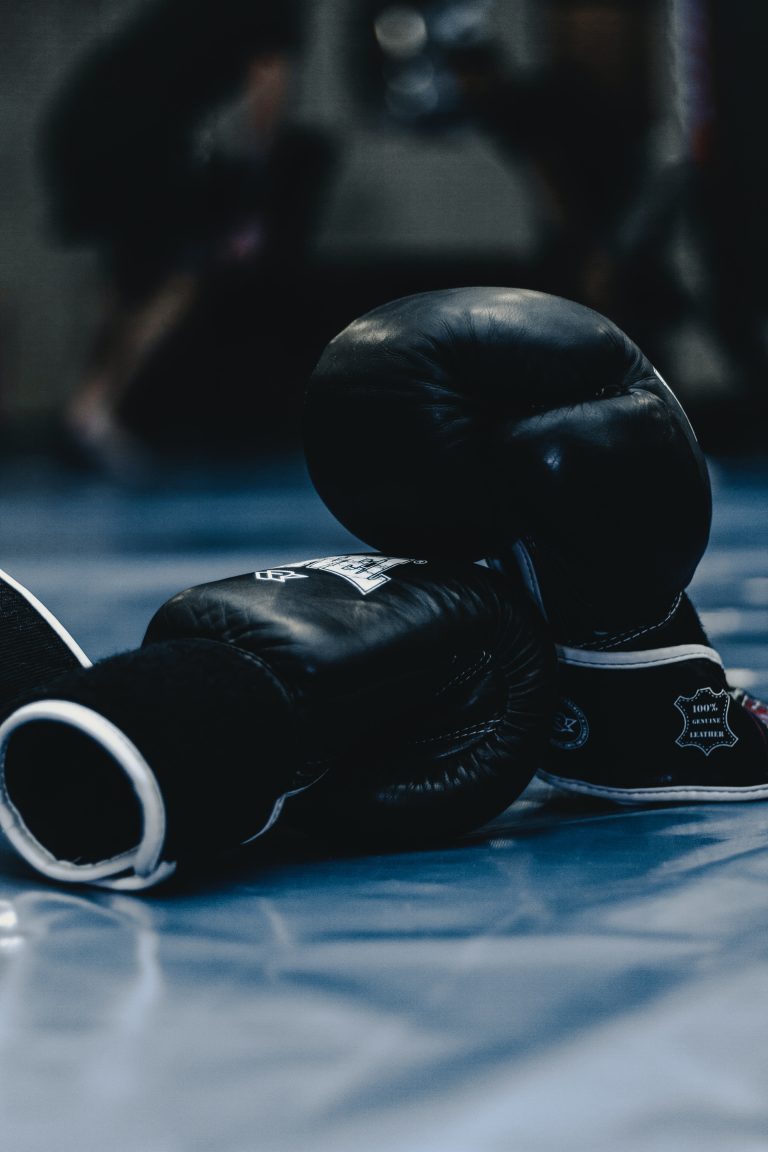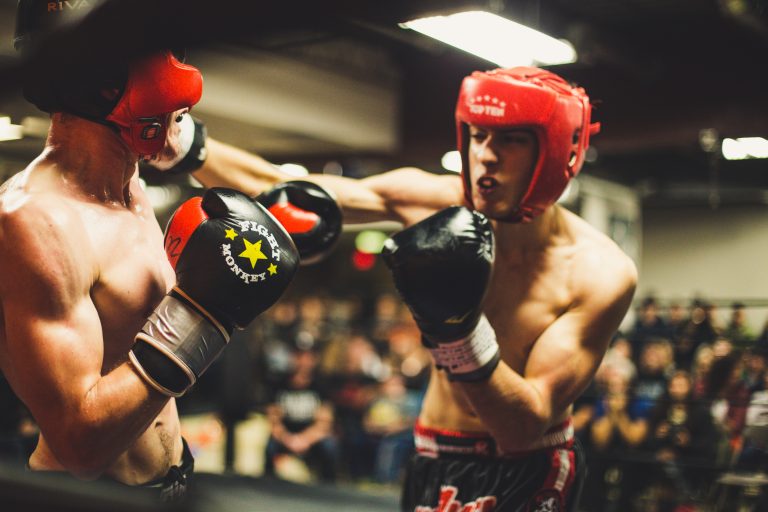Karate for Beginners: The Most Important Tips for Starting
If you’re interested in learning a martial art, karate is a fantastic choice. Karate can help you develop physical fitness, discipline, self-control, and confidence. Whether you want to learn self-defense skills or just have fun, karate is a great activity that can benefit you in many ways.
If you’re a beginner, it’s important to start off on the right foot. Here are some tips that can help:
1. Find the Right Dojo and Instructor
The first step in starting karate is to find the right dojo (karate school) and instructor. Look for a dojo that offers classes that fit your schedule and level of experience. You should also consider the location, pricing, and overall atmosphere of the dojo.
When you visit the dojo, take the time to observe a class and meet the instructor. You want to make sure that the instructor is knowledgeable, experienced, and able to communicate well with beginners.
2. Get the Right Gear
To practice karate, you’ll need the right gear. At a minimum, you’ll need a karate gi (uniform), belt, and sparring gear. Talk to your instructor about what gear you’ll need and where to purchase it.
3. Focus on the Basics
As a beginner, it’s important to focus on the basics of karate. This means learning the basic stances, strikes, blocks, and kicks. Don’t worry about learning advanced techniques until you’ve mastered the fundamentals.
4. Practice Consistently
To make progress in karate, you need to practice consistently. Make a commitment to attend class regularly and practice at home when you can. The more you practice, the faster you’ll progress.
5. Listen to Your Body
Karate is a physical activity, so it’s important to listen to your body. Don’t push yourself too hard, too soon. If you feel pain or discomfort during class, take a break or speak with your instructor. It’s normal to feel some muscle soreness after class, but you should not feel sharp pain or injury.
6. Set Realistic Goals
When you start karate, it’s important to set realistic goals. Don’t expect to become a black belt overnight. Instead, set short-term goals, such as learning a new technique, improving your form, or attending a certain number of classes per week. Celebrate your accomplishments and keep working towards your long-term goals.
Conclusion
Starting karate can be a rewarding experience. By following these tips, you can start your karate journey on the right foot. Remember to find the right dojo and instructor, get the right gear, focus on the basics, practice consistently, listen to your body, and set realistic goals. With time and dedication, you can become a skilled karate practitioner and enjoy all the benefits that come with it.
Karate for Beginners: The Most Important Tips for Starting
Are you thinking of starting karate? Karate is a martial art that has been around for centuries and is enjoyed by people of all ages. It is known for its effectiveness as a self-defense and fitness tool. Nonetheless, it can be intimidating to start with all the information out there. Plus, it can be challenging to understand where to begin with a martial art that has such a vast knowledge base.
This blog post will take you through the most frequently asked questions so that you can start on the right path towards learning Karate.
What is Karate?
Karate is a martial art that originated in Okinawa, Japan. In Japanese, the word karate means „empty hand.“ The purpose of Karate is to use kicks, strikes, and punches to defend oneself from an attacker. It is a sport and a discipline that requires patience, determination, and practice.
What are the Benefits of Karate?
Karate has numerous benefits that go beyond learning self-defense techniques. These advantages include:
Fitness Benefits
Karate will help you build endurance, strength, and flexibility. The focus on using the entire body to execute moves and techniques is key, so you will strengthen your muscles and increase flexibility.
Self-Defense
Karate teaches practical self-defense techniques that can prove helpful in a variety of situations.
Discipline and Focus
Karate is a discipline that requires strict adherence to the techniques, practice, and focus. By learning Karate, one will learn to be calm, structured, and coordinated which can also be applied to everyday activities like work or school procedures.
Confidence
Karate training can boost one’s confidence both inside and outside the dojo. As one develops in Karate and learns more complex techniques, they will acquire confidence in their ability to defend themselves confidently.
What should I Expect in my First Karate Class?
In your first Karate class, you should expect to learn basic techniques like stances, strikes, and kicks. You will also learn the basic terminology, which is in Japanese. It’s usual for your teacher to explain the meaning of each term as they teach. It’s crucial that you are respectful and attentive to your teacher and classmates; this is a significant part of the culture.
What Equipment do I Need to Practice Karate?
In Karate, there is some equipment you will need to have. The essential equipment includes:
Gi/Kimono
The Gi is your uniform; it consists of a jacket, pants, and belt. There are many manufacturers of Gis, and the quality can vary. It’s crucial to look for a Gi that is durable and fits well.
Belt
The belt is essential in Karate, and it indicates your rank. The belt’s color will change as you advance through the ranks, from white to black and eventually beyond.
Protective Gear
Protective gear such as a mouthguard, hand-wraps, and sparring gloves will protect you during contact training.
How Often should I Practice Karate?
It’s essential to practice Karate regularly to reap the benefits of the martial art. It is recommended that you practice at least two times a week, more if possible. Practice can vary from formal training sessions, informal practice sessions with fellow classmates and teachers, and practicing techniques at home.
What are the Different Karate Styles?
There are numerous Karate styles prevalent worldwide. These include Shotokan, Goju-Ryu, Shito-Ryu, and Kyokushin, among others. The styles vary according to the techniques, forms, and philosophies taught. Nonetheless, the underlying techniques remain consistent, and you will find that the styles are not that different after all.
How do I Choose a Karate Academy?
Choosing a Karate school (dojo) is an important decision. It’s essential to find a school that matches your learning style and philosophy. Research the different schools available and try a few classes before committing. Find out about the instructor’s qualifications, class sizes, and the overall culture of the school. You can also ask for recommendations from other practitioners or martial artists.
Conclusion
Starting Karate can be both a challenging and rewarding experience. You’ll gain numerous benefits, like self-defense abilities and discipline. Remember, Karate is a journey that requires hard work and dedication. Nonetheless, following these tips can help you start on the right path towards mastering this martial art. Don’t forget to choose a reputable dojo and practice regularly to get the most out of your training.
Inhaltsverzeichnis

